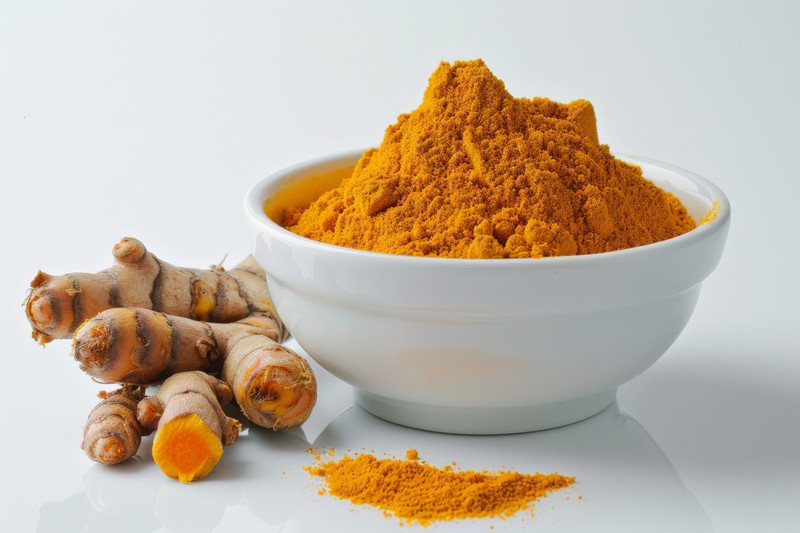Turmeric is one of the healthiest spices you can consume. It contains potent active ingredients, which have the potential to provide a plethora of benefits. Following is some background on turmeric, and the top five benefits of taking a dietary turmeric supplement.
The Background on Turmeric
Turmeric is a spice derived from the underground stems (roots) of the Curcuma longa plant. For a long time, the medicinal properties of turmeric have made it very valuable. For centuries, it has been utilized in various ways in Eastern medicine traditions, especially in India and in China. Many benefits of turmeric have since been validated by contemporary scientific study.
The bulk of turmeric’s healthful qualities are due to one single active ingredient (which is often extracted and placed into supplements in an extra-concentrated form): curcumin. Curcumin is a polyphenol that is imbued with strong antioxidant and anti-inflammatory properties, which have a central role in providing most of turmeric’s top benefits.
You can consume turmeric either by adding it to foods, or taking it in supplement form. Consuming turmeric via oral supplement comes with a distinguishing advantage – the far-superior concentration of curcumin that is contained in an oral turmeric supplement. Turmeric spice might contain up to 9% curcumin, whereas a turmeric/curcumin supplement usually contains a much higher proportion.
5 Best Benefits of Turmeric
Let’s take a look at five of the most distinct and validated benefits of turmeric and its active ingredient, curcumin:
Reducing inflammation is one of the most powerful and widely beneficial bodily effects of taking turmeric. Inflammation contributes to a very wide range of diseases. Research shows that the anti-inflammatory properties of curcumin could reduce the symptoms of these diseases and potentially treat the diseases as well. It does so by regulating various inflammatory signaling pathways within the body. Therefore, curcumin could help treat conditions such as IBS, psoriasis, arthritis, and more. A curcumin supplement is considered a very feasible way to attain these benefits.
Preventing Type-II diabetes: Curcumin is known for combatting inflammation. Furthermore, it has a regulating effect on blood-sugar levels. These two things together mean that curcumin could be useful in preventing the onset of type II diabetes. At least one major study on humans has shown a direct correlation between consistent curcumin supplementation and a reduced risk of developing type II diabetes.
Preventing heart disease: Among its other benefits, one specific effect of curcumin can help reduce risk of heart disease. That is its ability to support the functioning of the endothelium, which is the lining of the blood vessels. Improving endothelial health is important because endothelial dysfunction can hinder regulation of blood pressure.
Mitigating depression: Multiple bodily effects of curcumin could produce the combined effect of reducing depression. Reducing inflammation is the first one. Next, curcumin supports the production of the two primary neurotransmitters responsible for positive emotion: serotonin and dopamine. Thirdly, it supports the production of brain-derived neurotrophic factor (BDNF), which is a protein in the brain and spinal cord that helps nerve cells survive and grow.
Delaying aging and chronic disease is the last major benefit of curcumin which we mention here. Curcumin neutralizes free radicals, which are waste products in the body that contribute to various forms of chronic disease. Antioxidant and anti-inflammatory properties together can delay the effects of aging on the body, and reduce the risk of chronic disease in a general sense.
Turmeric, and its powerful active ingredient curcumin, can be very beneficial when taken in supplement form. Consider how these benefits could apply to you. Talk to your healthcare provider before taking curcumin for the first time, and only take in the recommended dosage, in order to avoid side effects.

